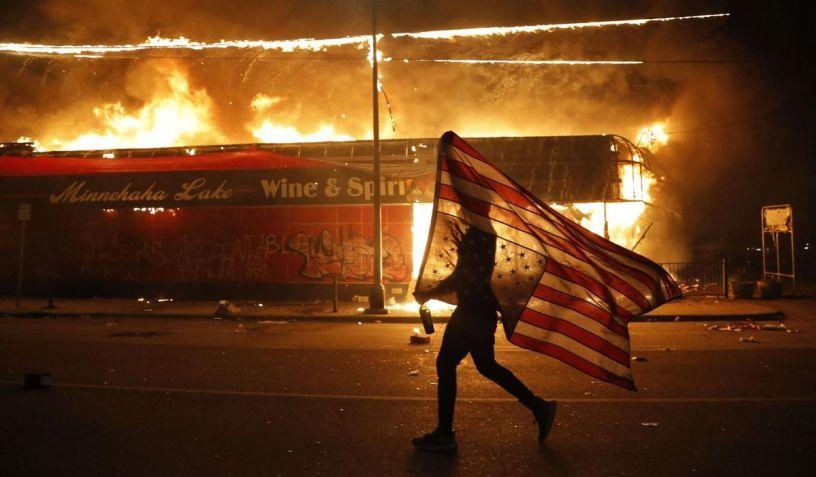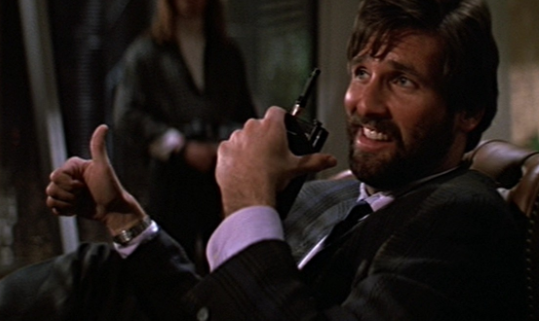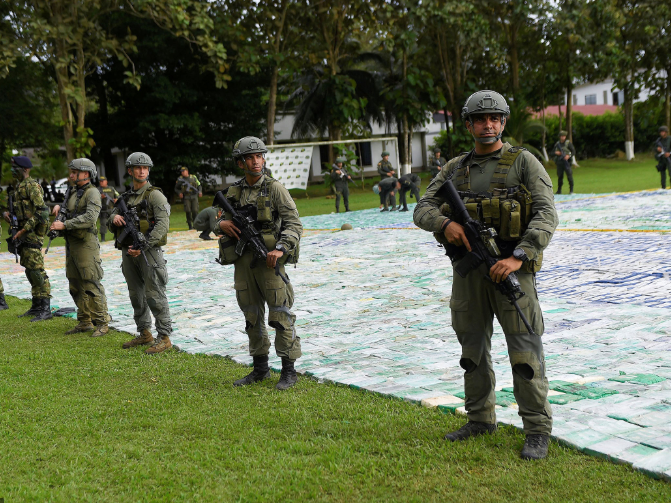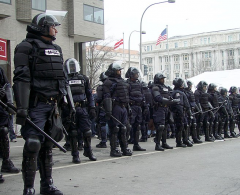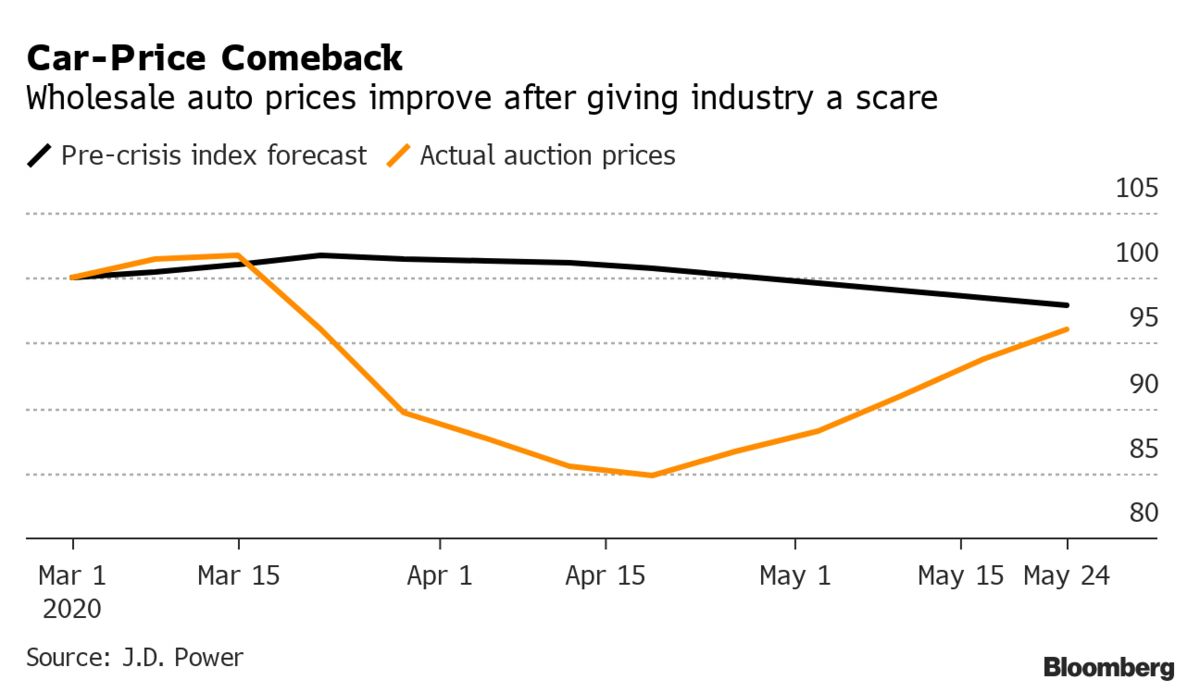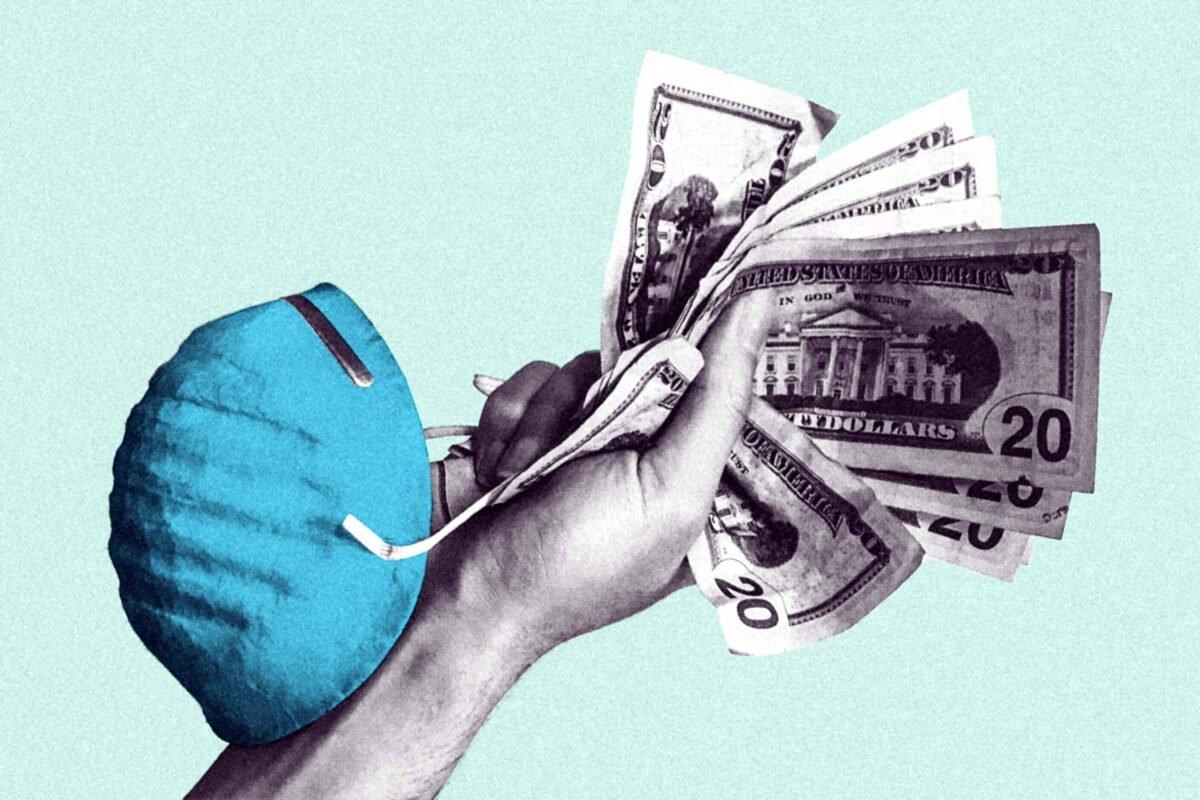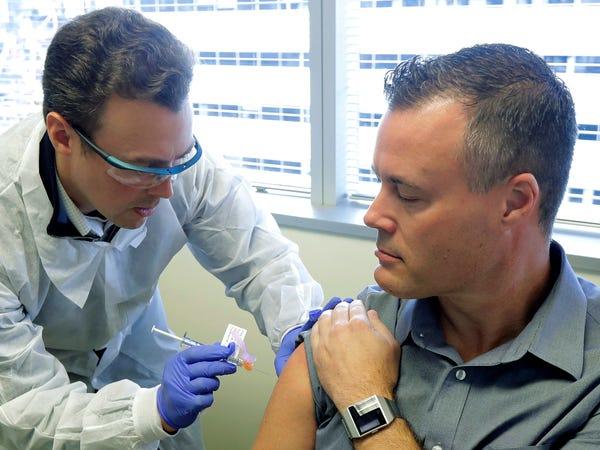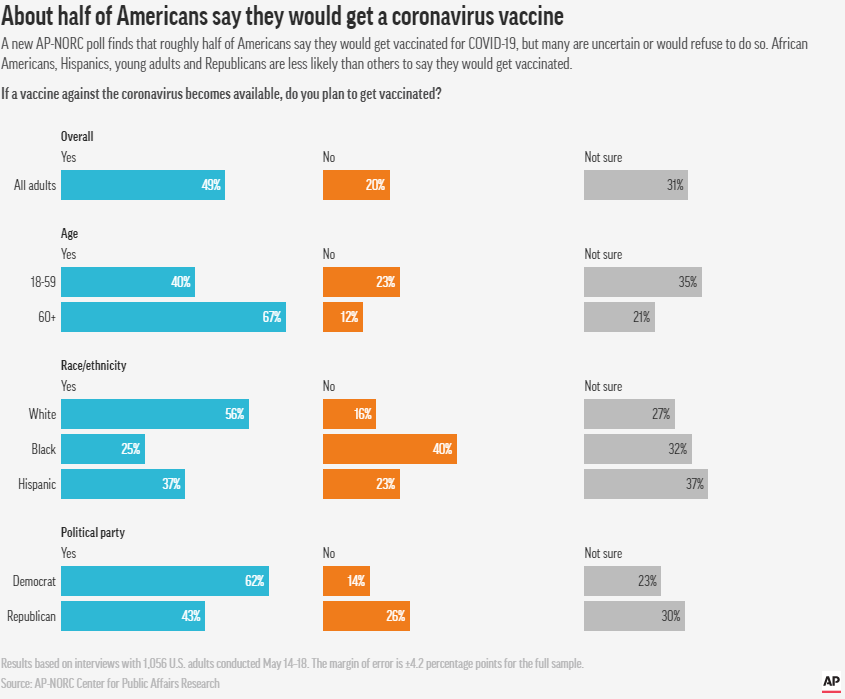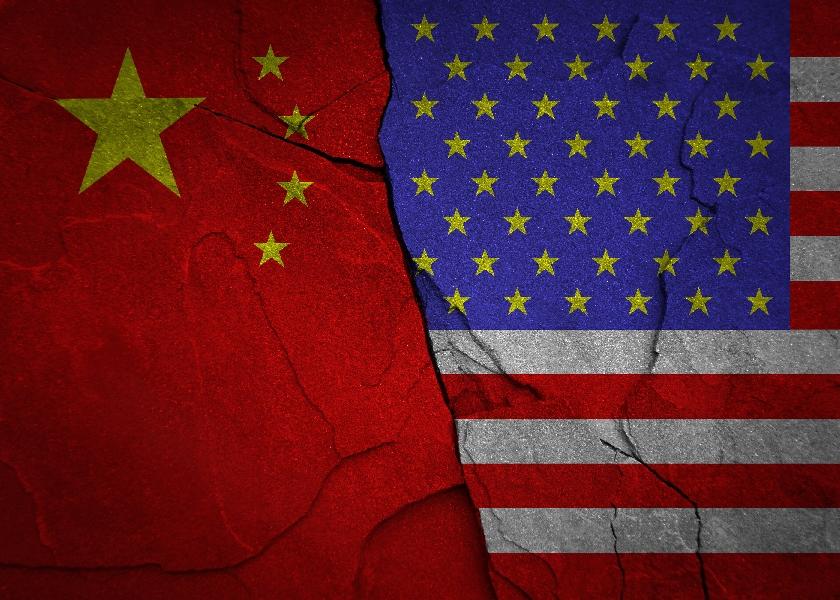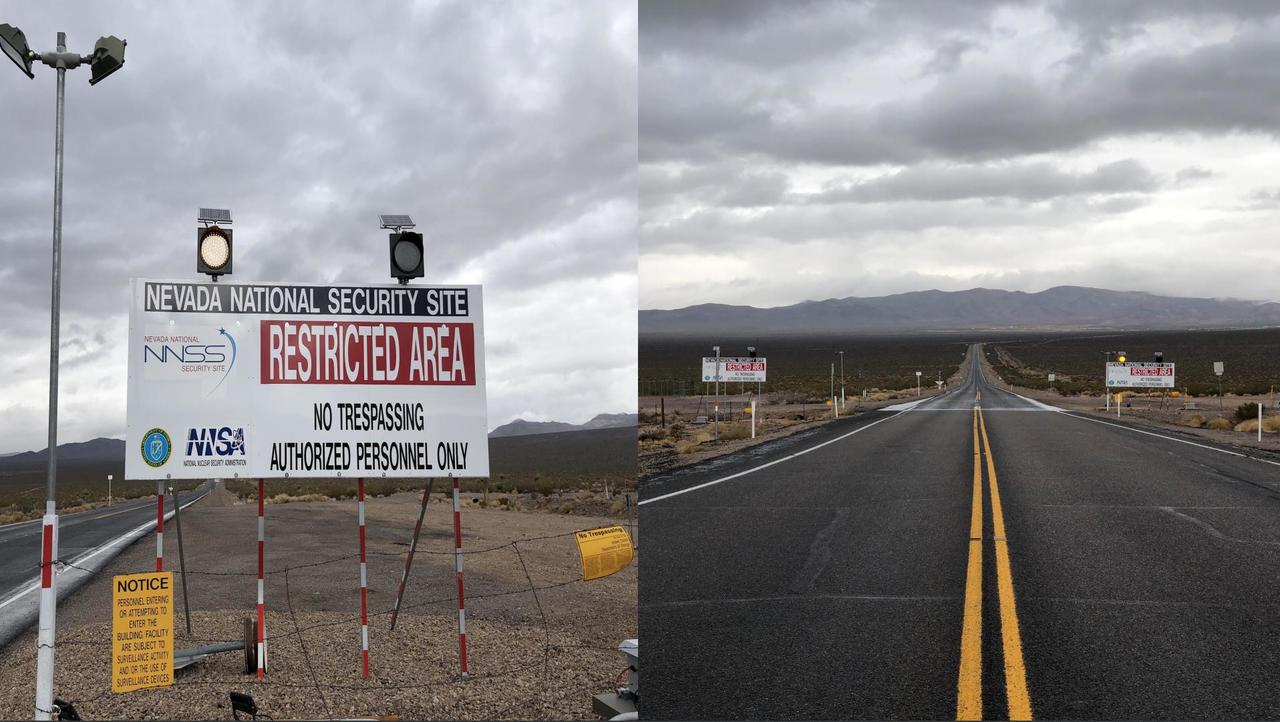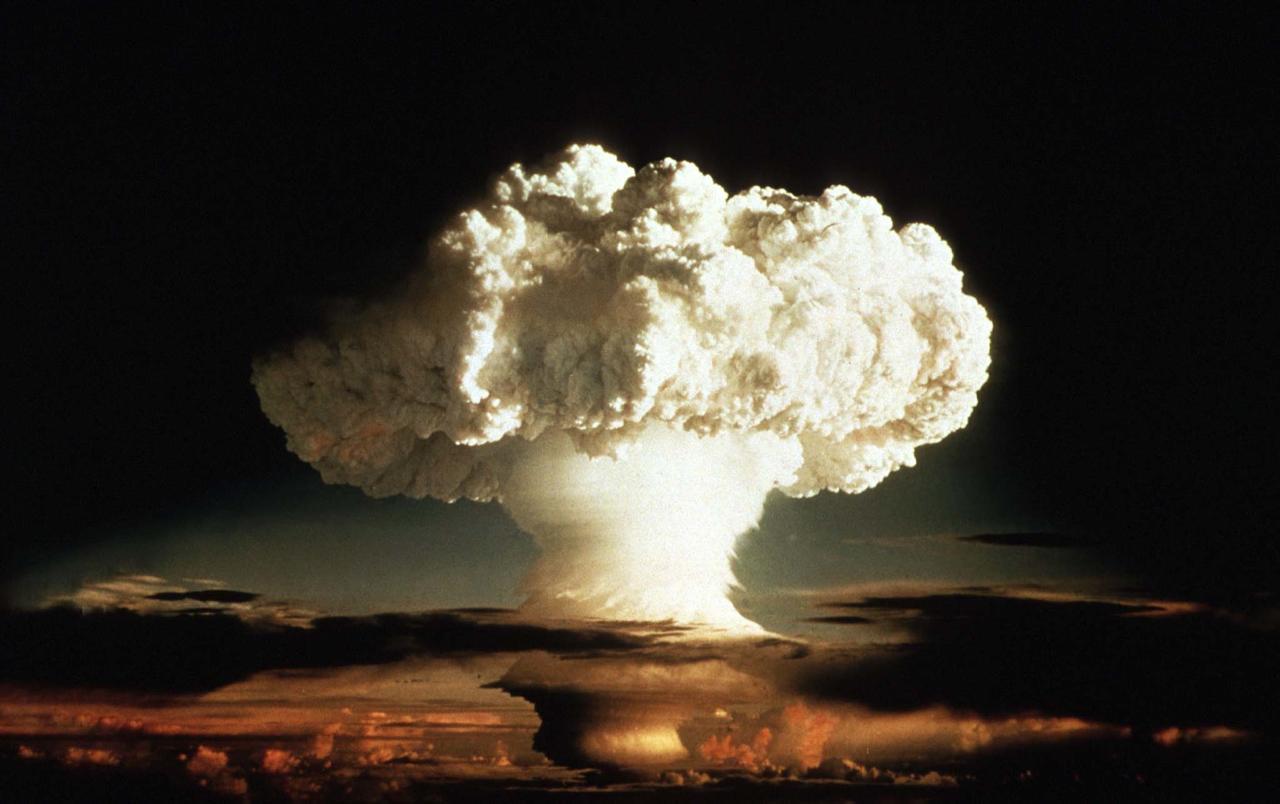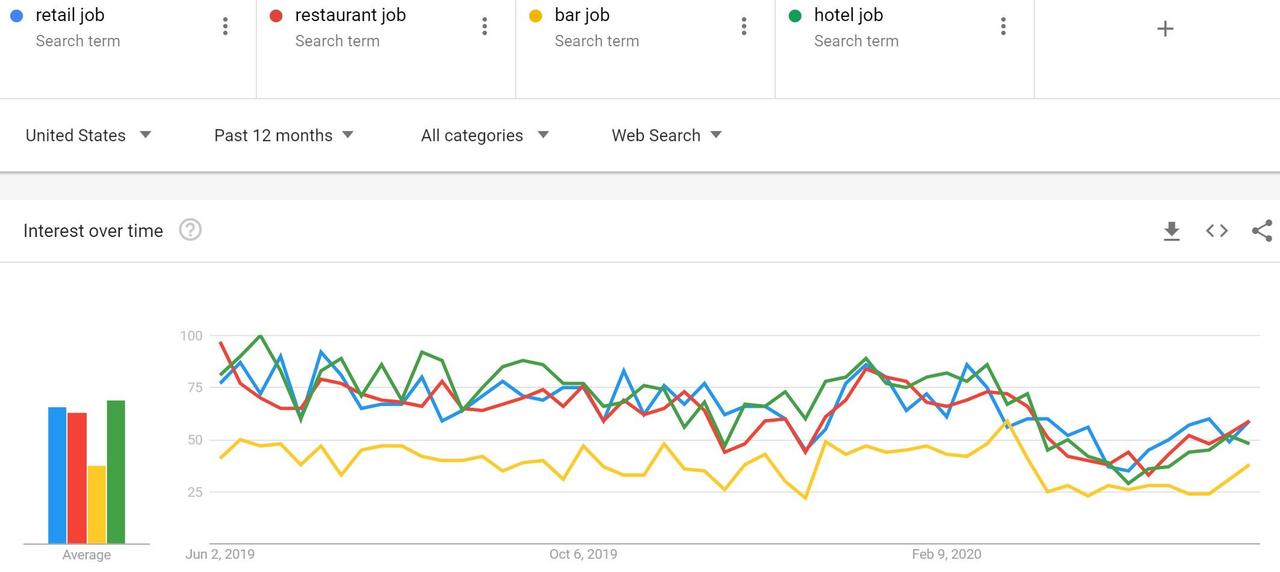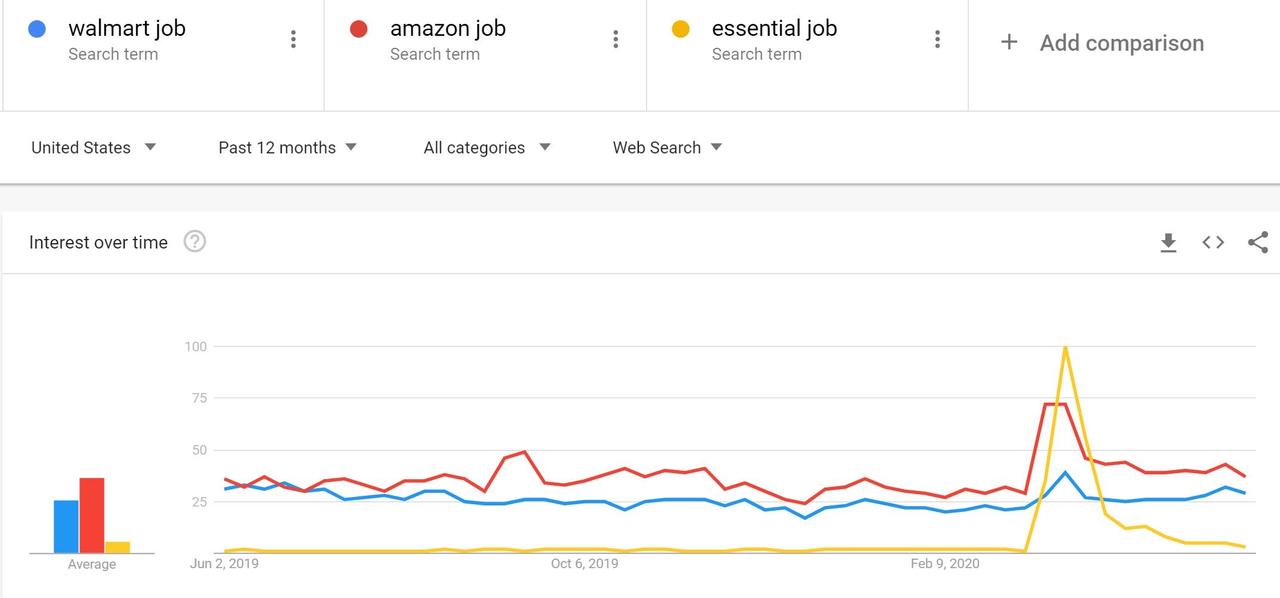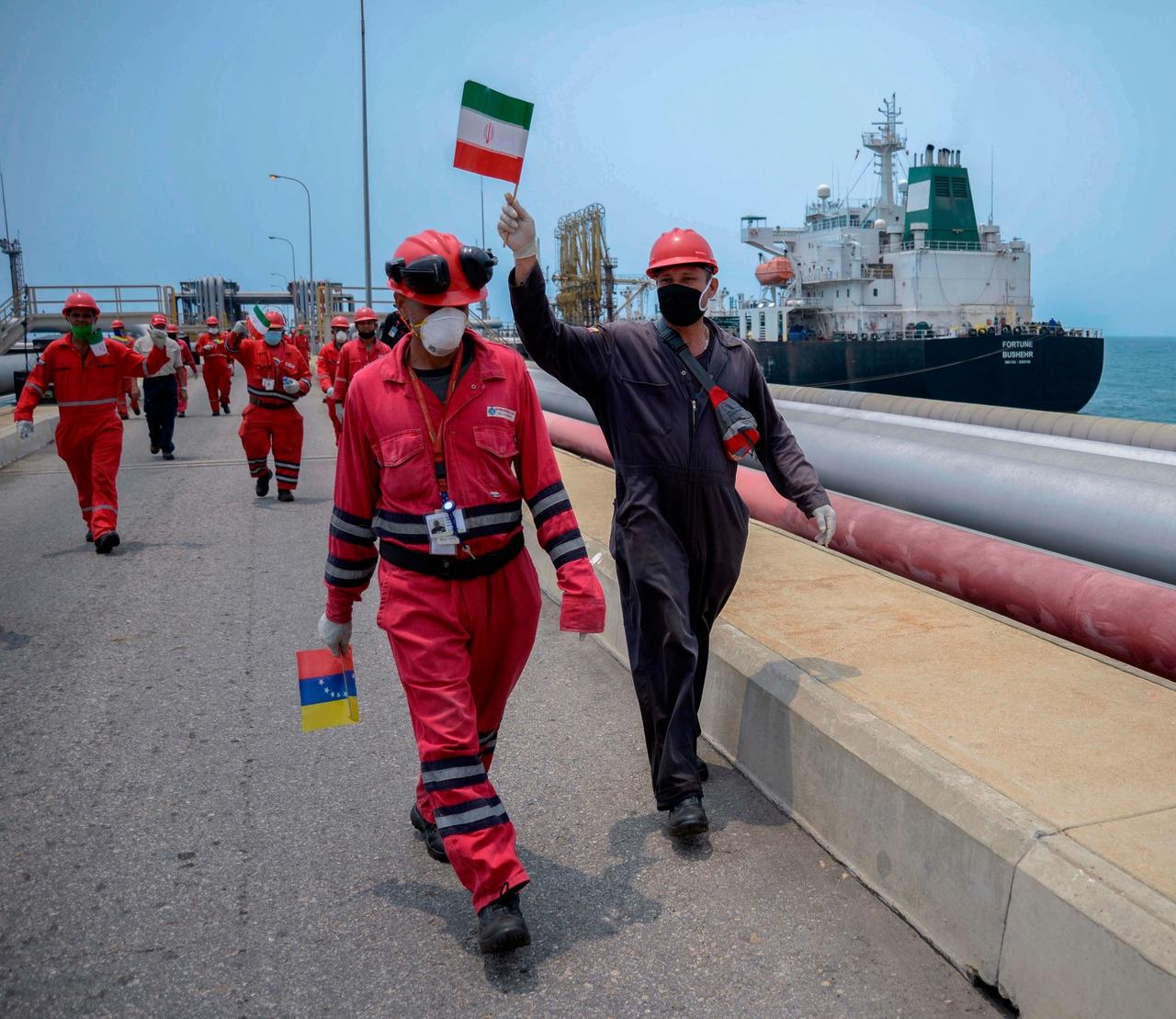America: One Screen, Two Movies, Three Times The Trouble
Tyler Durden
Sat, 05/30/2020 – 21:30
Authored by Tom Luongo via Gold, Goats, ‘n Guns blog,
Scott Adams has a perfect phrase to describe our political divide.
“One screen, two movies.”
What he means is that two people see the same event and process it in completely opposite ways, depending on their perspective.
That perspective is made up of a whole host of things – current state of mind, personal experience, personality traits, body chemistry, etc.
Take that one step further and incorporate human survival traits like in-group/out-group bias and the potential for self-reinforcing feedback loops of anxiety to explode into unbridgeable divisions within society become very likely.
None of what I just described is novel. It shouldn’t even need to be explained at this point. But, we’re living in such a state of heightened anxiety it is easy to lose sight of the basics.
I’ve been writing this blog now for more than three years. I have to remind myself of things I wrote previously that I’ve forgotten about in the day-to-day grind chronicling the devolution of our society into madness.
Because all of us, including me, are exhibiting signs of real madness when confronted with the monstrous events we perceive playing out on our movie screens.
There is an information war occurring that is aimed at creating hair trigger reactions to events to advance particular political agendas. It doesn’t matter what the issue of the day is. Today it’s the burning down of Minneapolis over police brutality.
The footage of George Floyd being murdered is enough to trigger most any decent person into a near-murderous rage.
And, as Scott pointed out in his commentary on this, no one is arguing the murder of George Floyd was anything other than just that, murder. Whites, blacks, browns, men, womyn, cis, xe, he, vegan, capitalist.
So, why is this a race issue? Why are our media and our political class cheering on the destruction of a U.S. city and fanning the flames higher, excusing the destruction to promote a false race war?
Because that’s what they want to see and get a critical mass of people to also see it that way.
We’re all outraged by underlying incident. There aren’t two movies here.
Unfortunately, the way we express this outrage is based on where we are at the moment we view it.
If we are in deep state of anxiety, where the left-brain has suppressed the right because survival instincts kick in, then we default to the easiest, quickest explanation. For those on the left, fed a toxic mix of identity politics and Communism, police brutality is the perfect metaphor for systemic racism and cultural division.
Paralyze the police and undermine the fabric of the society. But it isn’t like the police haven’t been a growing problem in this country for decades.
Since the Clinton Crime Bill of the 1990’s cops have been consistently militarized to the point of inhumanity.
Police officers today look nothing like my dad as NYPD in the 1970’s when societal unrest there was as bad if not worse then what’s happening in Minneapolis today.
And I remember watching the Rodney King riots in LA with him and he saying then the problem in policing is the men have no life experience, no skin yet in the game, i.e. family.
His generation of police are gone. Even the ones that came behind him are leaving the scene (dad would have been 92 this year). My dad didn’t live to see the Clinton Crime Bill but he would have been against it.
Because with the subsequent wars and the federal money their loyalty was politicized, the degradation of their relationship to their community eroded to where it is now. Do you seek out police interactions today or fear them?
What movie is playing in your head? Because I know which one is playing in mine. Hence, you know, Gold Goats ‘n Guns.
Both of these trends have accelerated as we grind through this Fourth Turning. Endless wars in Iraq and Afghanistan have police forces, already militarized, staffed with guys who have combat experience, that see the job through that lens. Screening for mental instability is faulty at best so mistakes are going to happen.
Tyranny is guaranteed alongside the corruption and the need for all men to regain a lost sense of potency in a world sinking into depravity.
And those jobs need to be filled especially as the wealth is drained from the lower and middle classes through ruinous taxation, regulation and endless money printing.
But, we’re supposed to be divided along race lines because of a white cop choking out a black man? And this is an excuse to burn down a city and instigate riots all over the country?
There isn’t any connection between these things and reality. Everyone is being played for a chump here.
Cops and protesters banging heads while bankers sit at home drinking wine with their newly printed Federal Reserve dollars. Same as it ever was.
— Michael Krieger (@LibertyBlitz) May 30, 2020
The sad truth is, as President Trump pointed out and Twitter censored, George Floyd is irrelevant now. This has taken on a life of its own. It’s about chaos and much larger issues than the incident which spawned it.
What’s happening in Minnesota was a coordinated attack.
Who is setting up pallets of bricks around the country for rioting? This is too organized. WTH? I bet people paid to do so show up first and get the party started.
— ᗰᵉˡ 🌷 (@mel_faith1) May 30, 2020
What’s your reaction to this screen? What movie are you seeing here?
My movie says this is the next stage of the operation to oust Trump from power. The Coronapocalypse movie is mostly over but it’s had its intended effect of dividing us even further.
Now Antifa-style mask-wearing has been thoroughly normalized. Now the person in the CVS standing next to you can be a threat to your community.
Too paranoid a movie for you?
I’m sorry but image systems matter. That’s the whole point of putting movies on the screen in the first place.
Jack Dorsey and Twitter are daring Trump to regulate or shut down the platform with their censoring his tweets. CNN and MSNBC know their sit-down ratings are abysmal. Their real ratings exist on social media.
In that sense they are no more legitimate news than people with iPhones posting thoughts on Instagram and Twitter.
The movie they are selling is Trump is to blame regardless of what happens, just like in Charlottesville. If he brings in the National Guard to mow down black people in the streets and get any number of Twitter Moments to further confuse what you’re watching.
If Trump does nothing he loses Conservatives who believe in law and order, fairness and all of that. If he over-commits he’s got Kent State times ten on his hands.
While my movie says this is definitely an operation designed to inflict maximal political damage on Trump the sub-text of my movie screams about what is truly wrong with America.
That this is a power struggle for the next century by evil people manipulating desperate and cynical ones into acts of violence and hatred which is falsely directed by a script pre-written to keep us angry, fearful and divided.
And until we all back away from the screens and see that script for what it is, this will escalate until a lot more than just Minneapolis is burning.
* * *
Join My Patreon if you want help seeing the scripts behind the movies. Install the Brave Browser if you want to starve Google from making bad movies.
via ZeroHedge News https://ift.tt/36Lsfug Tyler Durden
